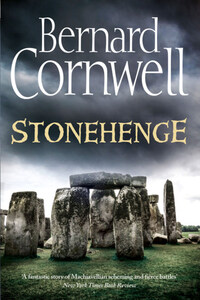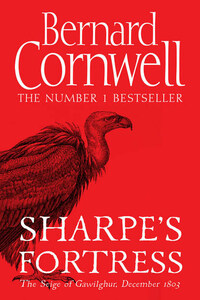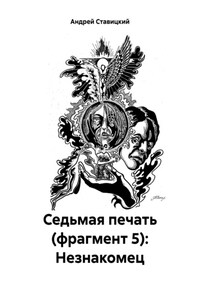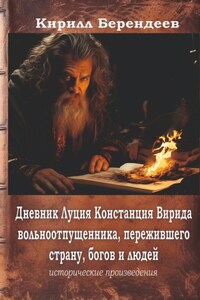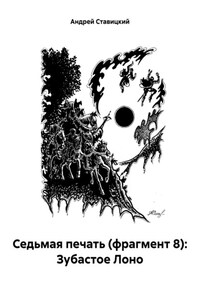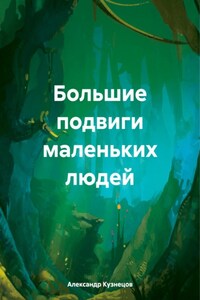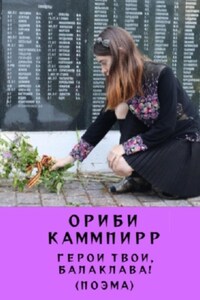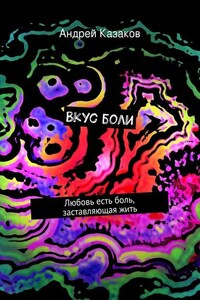This novel is entirely a work of fiction. The names, characters and incidents portrayed in it, while at times based on historical figures, are the work of the author’s imagination.
Published by HarperCollinsPublishers Ltd
1 London Bridge Street
London SE1 9GF
www.harpercollins.co.uk
First published in Great Britain by HarperCollinsPublishers 1999
Copyright © Bernard Cornwell 1999
Illustrations by Rex Nicholls
Bernard Cornwell asserts the moral right to be identified as the author of this work
A catalogue record for this book is available from the British Library
All rights reserved under International and Pan-American Copyright Conventions. By payment of the required fees, you have been granted the non-exclusive, non-transferable right to access and read the text of this ebook on screen. No part of this text may be reproduced, transmitted, down-loaded, decompiled, reverse engineered, or stored in or introduced into any information storage and retrieval system, in any form or by any means, whether electronic or mechanical, now known or hereinafter invented, without the express written permission of HarperCollins ebooks
HarperCollinsPublishers has made every reasonable effort to ensure that any picture content and written content in this ebook has been included or removed in accordance with the contractual and technological constraints in operation at the time of publication
Source ISBN: 9780007550890
Ebook Edition © JANUARY 2011 ISBN: 9780007338771
Version: 2017-05-06
The gods talk by signs. It may be a leaf falling in summer, the cry of a dying beast or the ripple of wind on calm water. It might be smoke lying close to the ground, a rift in the clouds or the flight of a bird.
But on that day the gods sent a storm. It was a great storm, a storm that would be remembered, though folk did not name the year by that storm. Instead they called it the Year the Stranger Came.
For a stranger came to Ratharryn on the day of the storm. It was a summer’s day, the same day that Saban was almost murdered by his half-brother.
The gods were not talking that day. They were screaming.
Saban, like all children, went naked in summer. He was six years younger than his half-brother, Lengar, and, because he had not yet passed the trials of manhood, he bore no tribal scars or killing marks. But his time of trial was only a year away, and their father had instructed Lengar to take Saban into the forest and teach him where the stags could be found, where the wild boars lurked and where the wolves had their dens. Lengar had resented the duty and so, instead of teaching his brother, he dragged Saban through thickets of thorn so that the boy’s sun-darkened skin was bleeding. ‘You’ll never become a man,’ Lengar jeered.
Saban, sensibly, said nothing.
Lengar had been a man for five years and had the blue scars of the tribe on his chest and the marks of a hunter and a warrior on his arms. He carried a longbow made of yew, tipped with horn, strung with sinew and polished with pork fat. His tunic was of wolfskin and his long black hair was braided and tied with a strip of fox’s fur. He was tall, had a narrow face and was reckoned one of the tribe’s great hunters. His name meant Wolf Eyes, for his gaze had a yellowish tinge. He had been given another name at birth, but like many in the tribe he had taken a new name at manhood.
Saban was also tall and had long black hair. His name meant Favoured One, and many in the tribe thought it apt for, even at a mere twelve summers, Saban promised to be handsome. He was strong and lithe, he worked hard and he smiled often. Lengar rarely smiled. ‘He has a cloud in his face,’ the women said of him, but not within his hearing, for Lengar was likely to be the tribe’s next chief. Lengar and Saban were sons of Hengall, and Hengall was chief of the people of Ratharryn.
All that long day Lengar led Saban through the forest. They met no deer, no boars, no wolves, no aurochs and no bears. They just walked and in the afternoon they came to the edge of the high ground and saw that all the land to the west was shadowed by a mass of black cloud. Lightning flickered the dark cloud pale, twisted to the far forest and left the sky burned. Lengar squatted, one hand on his polished bow, and watched the approaching storm. He should have started for home, but he wanted to worry Saban and so he pretended he did not care about the storm god’s threat.
